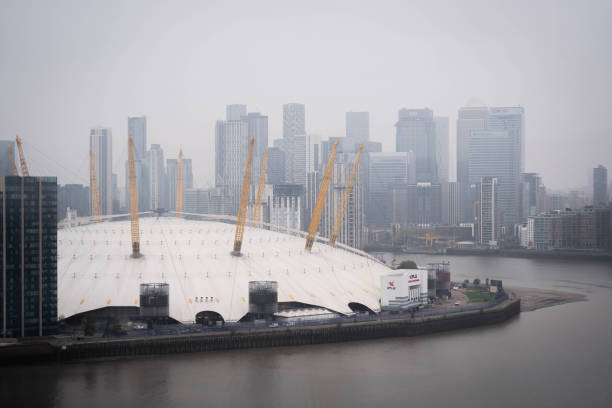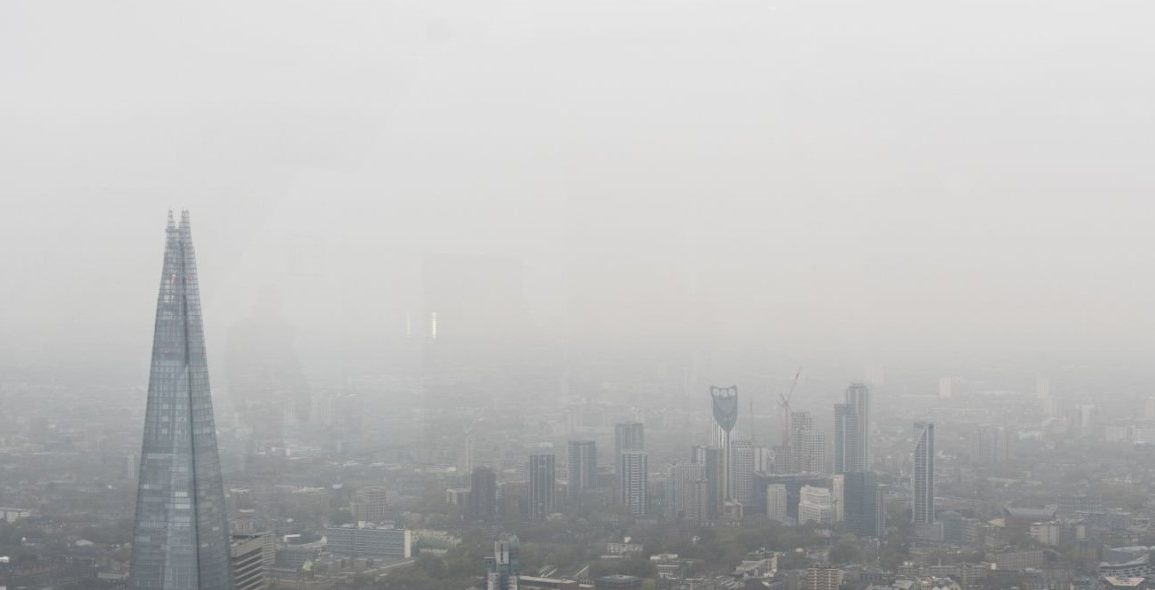The weather across England this November has been particularly grim, with many regions experiencing an unusual stretch of dull, overcast conditions.
The phenomenon, referred to as “anticyclonic gloom,” is due to a high-pressure system that has been in place since the start of the month, causing fog, drizzle, and low clouds to persist for days on end.
As a result, some areas, including Odiham in Hampshire and Rostherne in Cheshire, have seen barely any sunshine, with just a few minutes of daylight over the last two weeks.
Jonathan Vautrey, a meteorologist from the Met Office, explains that while the weather hasn’t posed any hazards, the constant grey skies can take a toll on mental well-being.
The lack of sunlight is particularly noticeable at airports like Heathrow, where passengers are greeted with mist and low clouds rather than the usual bright skies.
England overall has received less than 10% of the sunshine expected for this time of year.

This extended period of gloom is caused by a high-pressure system that traps moisture in the atmosphere.
In the autumn months, when air contains more moisture, this system can create a stagnant layer of low cloud, fog, and drizzle.
In contrast to summer, when high pressure typically leads to clear skies and warm weather, the conditions in November can leave the atmosphere feeling heavy and uninviting.
While we often associate bright sunshine with a positive mood, research suggests the impact of cloudy weather on our emotions may not be as significant as we think.
However, exposure to natural daylight, even on overcast days, remains important for maintaining good health, particularly for vitamin D production and regulating sleep patterns.
Thankfully, relief is in sight. The weather is set to change as a new front moves in from the northwest, sweeping away the clouds and ushering in fresher, clearer conditions by Sunday.

